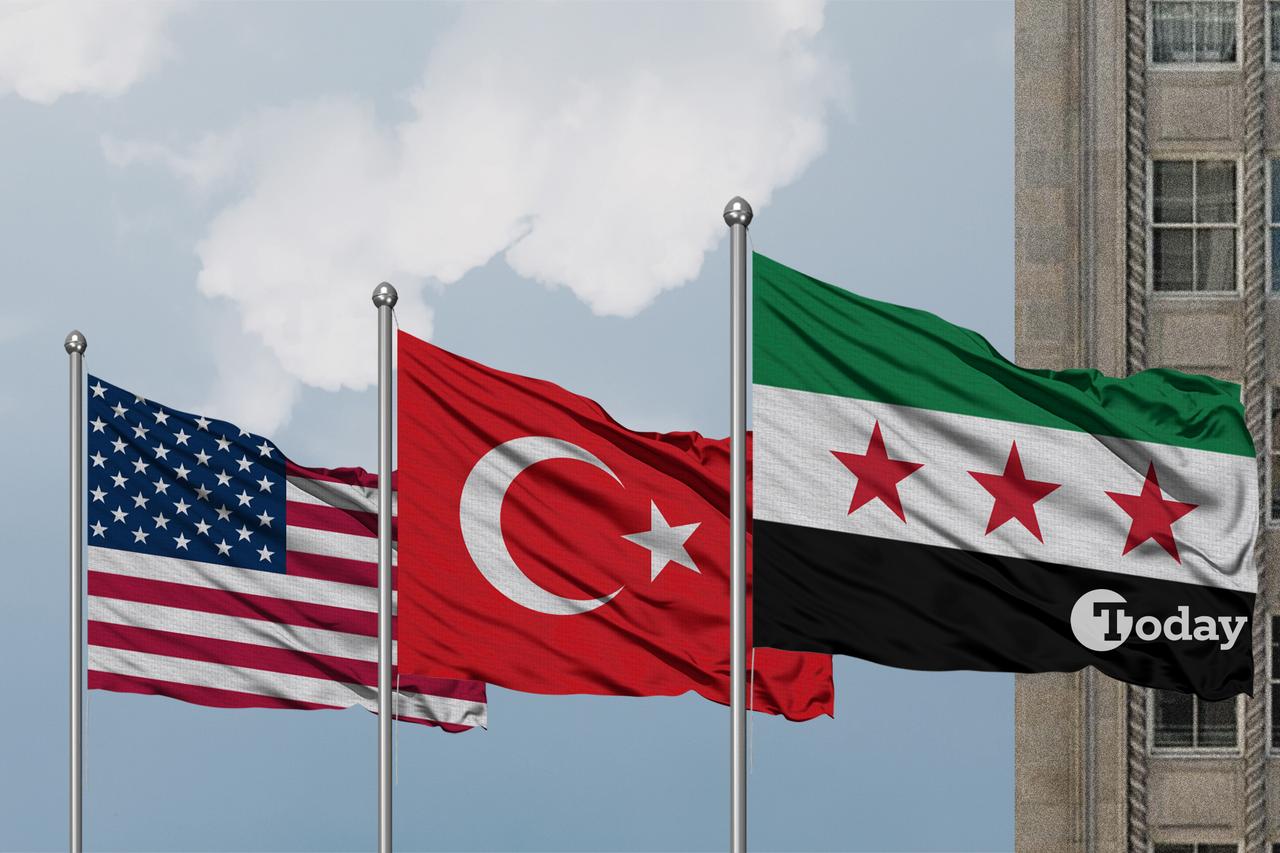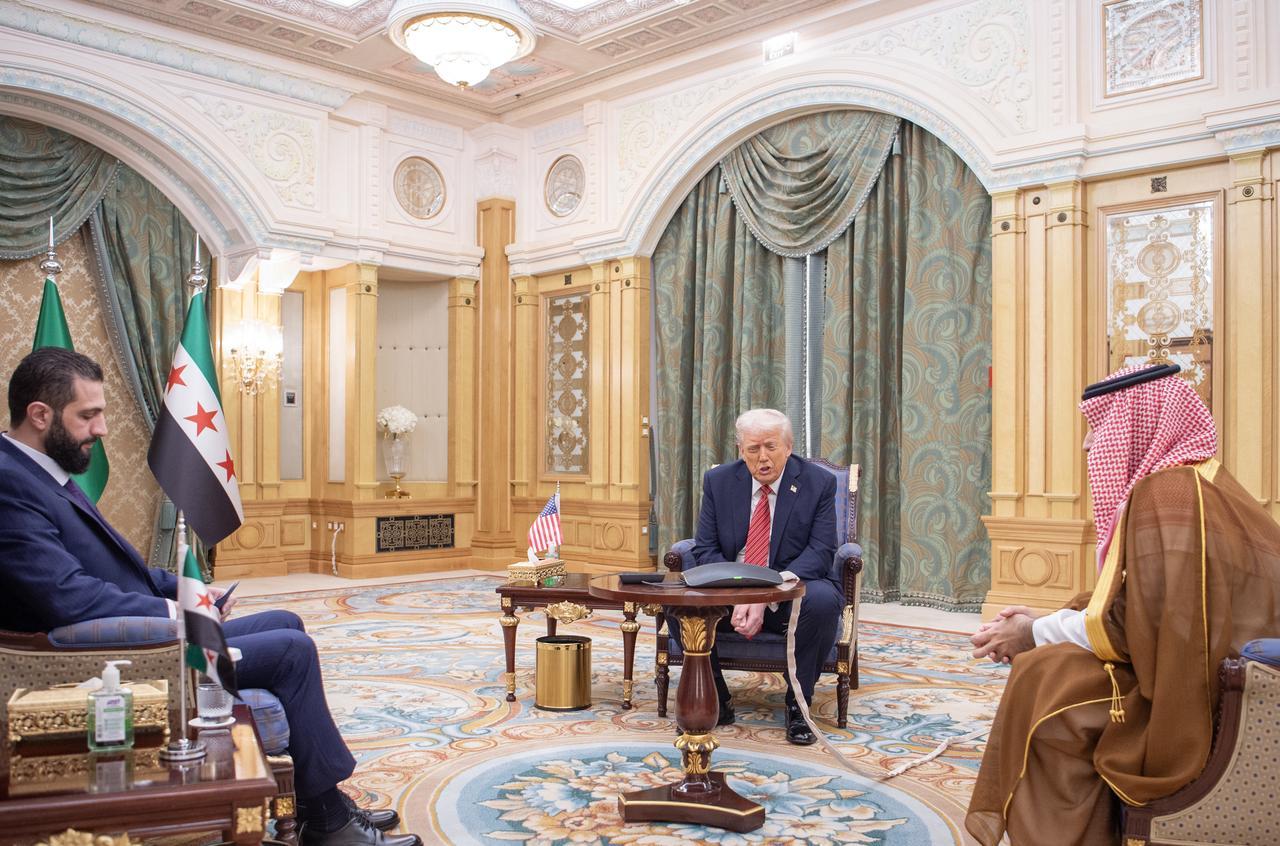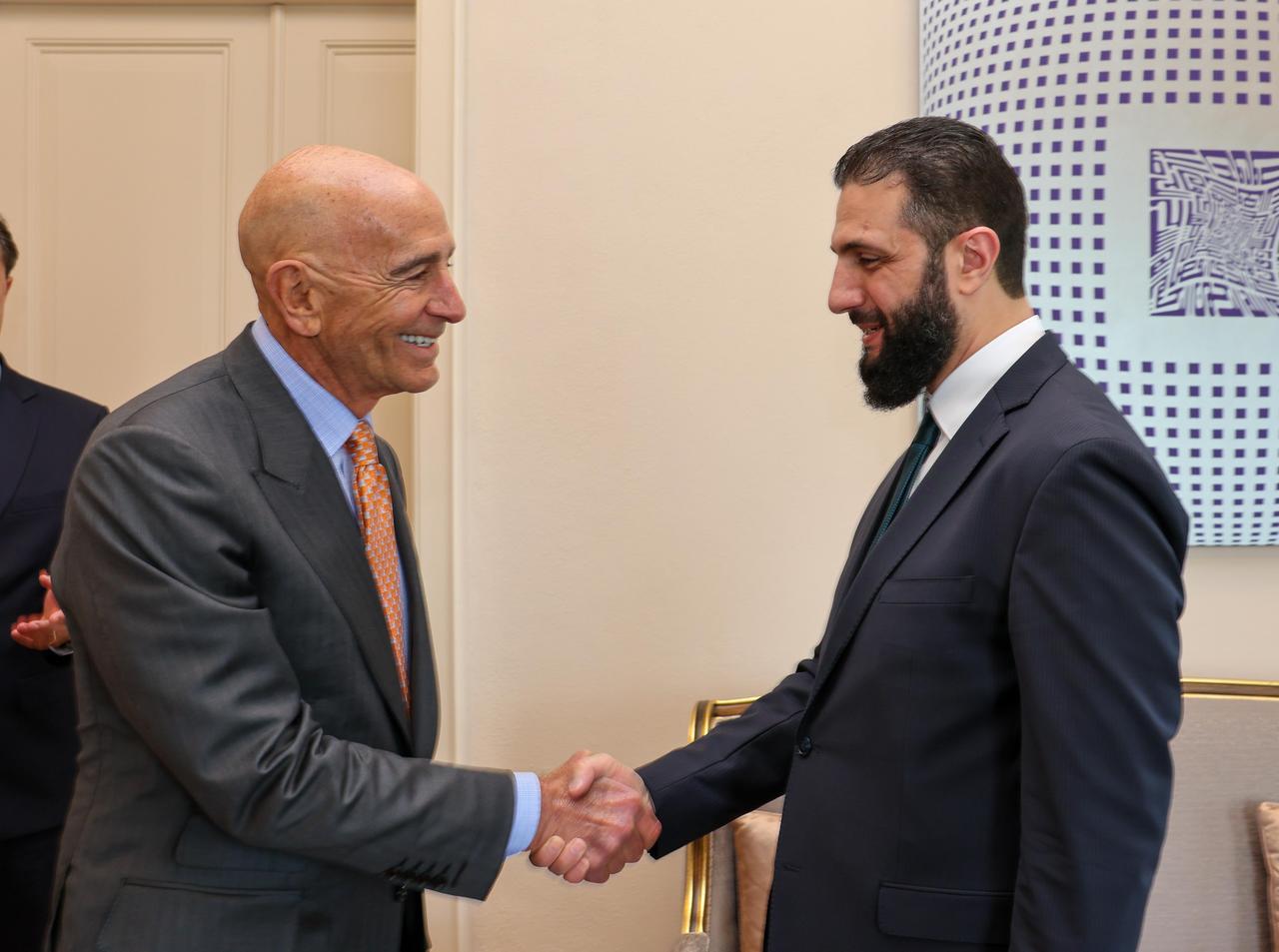
In my university dormitory, I had a Kosovan friend who used to sleep under a blanket bearing the American flag. To me, it seemed strange, even inappropriate, due to my insufficient historical knowledge. To him, it wasn’t just a design—it was a symbol of gratitude. In 1999, when Serbian forces were targeting ethnic Albanians in Kosovo, it was U.S. airpower, under the NATO banner, that helped stop the campaign. That blanket was a quiet tribute to the country he believed had saved his people from genocide.

But in the decades since, that kind of gratitude for the U.S. has become rare. America has stumbled through one war after another—Iraq, Afghanistan, Libya, Syria—often with lofty rhetoric but little to show in terms of sustainable peace. The gap between American ideals and its actions has widened, and the notion of the U.S. as a stabilizing force has eroded.
Now, unexpectedly, signs of a recalibration and “making sense” are emerging—not from wordy and repetitive policy papers in Foggy Bottom, but from an old associate of Donald Trump, operating not-so-quietly on the ground in Syria. It was not hard to come to this level. The U.S. acted responsibly without being arrogant, did not chase unrealistic targets, Syrian management acted gratefully, and many common grounds were found with ease. Israel sounds unhappy about what is happening, but the U.S. may have to learn to displease Israel for the region’s general interest. It serves the U.S. interests.
Despite being a caricatured figure, Trump’s foreign policy is less likely to be worse than that of the Biden-Blinken couple, who acted like headless chickens when Russia invaded Ukraine, and when children were butchered in Gaza.

As detailed here, Thomas Barrack, a longtime confidant of Trump and a businessman with deep ties in the Arab world, has been quietly helping reshape the U.S. approach in Syria. Acting as a formal envoy in Türkiye, and head of the Syria task force, Barrack is cutting corners—practically closing bridges—prioritizing regional consensus over the interests of aggressive nations.
This aligns with Trump’s often-criticized, but unmistakably realist, view of foreign policy. During his presidency, he rejected the traditional U.S. foreign policy establishment’s appetite for endless wars and democracy promotion campaigns. Instead, he emphasized deals, regional balance, and results over ideals. This approach suggests a shift toward something many in the region have long wanted from Washington: consistency, realism, and a focus on outcomes.
It’s far too early to say this represents a new doctrine. And America is not about to become a savior again. But if it continues on this track—standing for stability, working through alliances rather than dictating terms, making new friends, not vilifying 1000 mile away-nations after having a lunch with a lobbyist in nice D.C. restaurant, then perhaps the next generation, in places like in Syria or the Balkans, might find reason to look at the American flag not with anger or indifference, but with cautious appreciation.
Maybe—just maybe—another young Kosovan will sleep under that flag, not out of nostalgia, but out of renewed hope.